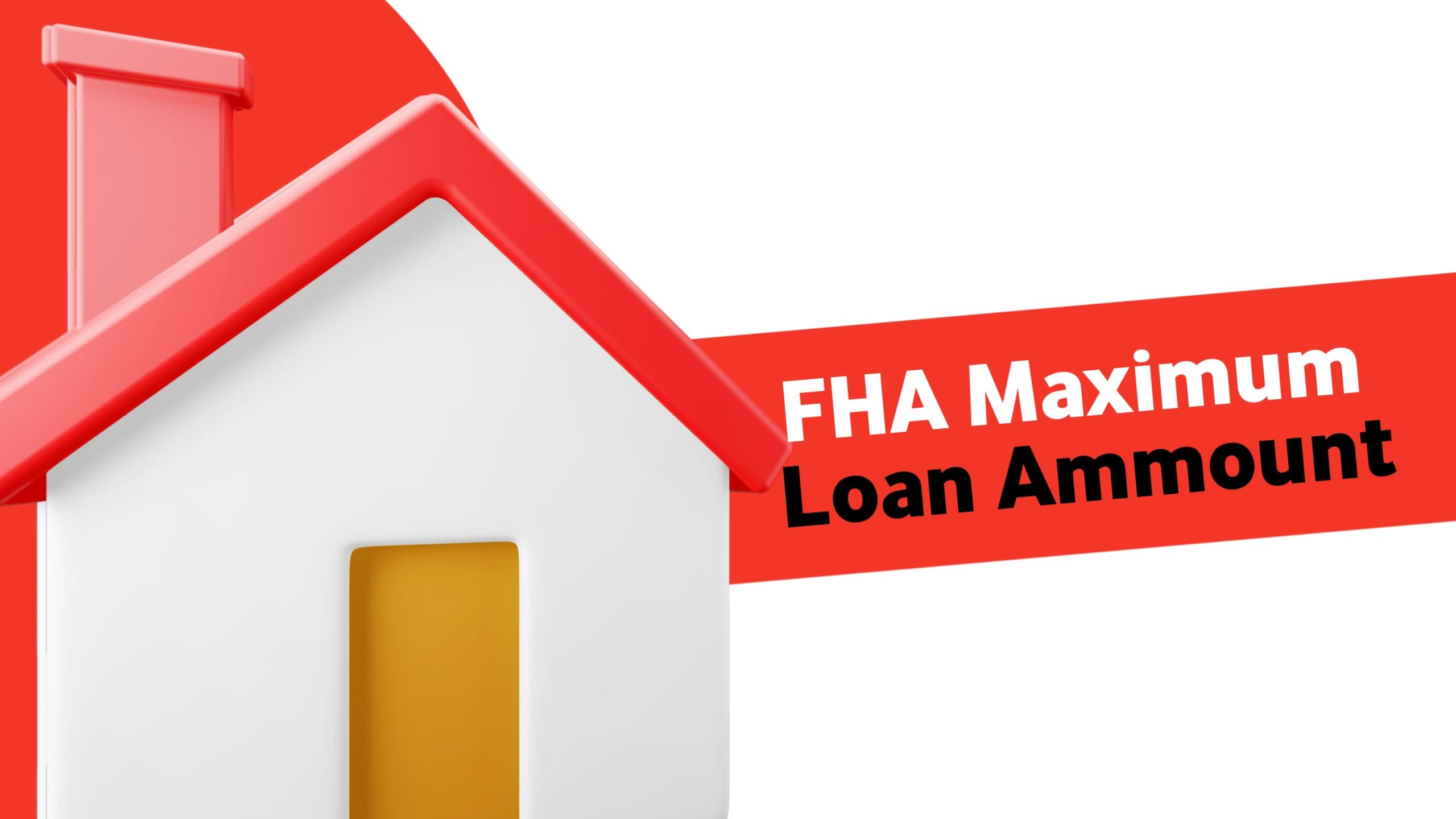Introduction to FHA Loans
In the realm of home financing, FHA loans have emerged as a popular choice for many prospective homeowners. These loans, backed by the Federal Housing Administration, offer various benefits that make homeownership more accessible, especially for those with limited financial resources or less-than-ideal credit scores.
Understanding Maximum FHA Loan Amount
The maximum FHA loan amount refers to the upper limit set by the FHA for borrowers seeking financing. It plays a crucial role in determining the affordability and feasibility of purchasing a home through an FHA loan. This amount varies depending on several factors, including the location of the property and prevailing market conditions.
Calculation Methodology
FHA loan limits are determined based on the median home prices in a particular area. Higher-cost areas typically have higher loan limits, while more affordable regions may have lower limits. Additionally, factors such as the type of property and the borrower’s creditworthiness influence the maximum loan amount that can be approved.
Recent Changes and Updates
In response to evolving market dynamics and economic trends, the FHA periodically adjusts its loan limits to reflect changes in housing costs. These adjustments aim to ensure that FHA loans remain relevant and accessible to a wide range of homebuyers across different income brackets.
Benefits of FHA Loans
One of the primary advantages of FHA loans is their accessibility to borrowers with limited financial resources. With lower down payment requirements and more flexible credit score criteria compared to conventional loans, FHA financing opens doors to homeownership for many who might otherwise struggle to qualify for conventional mortgages.
Challenges Associated with Maximum FHA Loan Amount
While FHA loans offer numerous benefits, they also come with certain limitations and challenges. For instance, there are restrictions on the types of properties that qualify for FHA financing, and borrowers are required to pay mortgage insurance premiums, which can increase the overall cost of homeownership.
Strategies to Optimize FHA Loan Benefits
To make the most of an FHA loan, borrowers should be proactive in managing their finances and credit profiles. This may involve improving credit scores, reducing debt-to-income ratios, and exploring down payment assistance programs that can help minimize upfront costs.
Alternatives to FHA Loans
While FHA loans are a popular choice for many homebuyers, they are not the only option available. Conventional loans and VA loans also provide financing opportunities, each with its own set of eligibility requirements and benefits.
Tips for Maximizing FHA Loan Amount
Working closely with knowledgeable lenders and real estate professionals can provide valuable insights into the FHA loan process and help borrowers navigate complex requirements more effectively. Additionally, exploring local housing programs and initiatives aimed at supporting first-time homebuyers can uncover additional resources and opportunities for financial assistance.
Case Studies
Real-life examples of individuals or families successfully utilizing FHA loans to purchase homes can serve as inspiration for prospective homebuyers. By showcasing the practical application of FHA financing in various scenarios, these case studies illustrate the potential benefits and challenges associated with this type of mortgage.
Future Outlook
Looking ahead, the landscape of FHA lending is likely to evolve in response to changes in the housing market and broader economic trends. Prospective homebuyers should stay informed about potential policy adjustments and market developments that could impact FHA loan availability and affordability in the future.
Conclusion
In conclusion, understanding the maximum FHA loan amount is essential for anyone considering homeownership through FHA financing. By familiarizing themselves with the factors influencing loan limits, borrowers can make informed decisions that align with their financial goals and circumstances.
FAQs
- What is the maximum FHA loan amount for 2024?
- The maximum FHA loan amount varies by location and is influenced by factors such as median home prices and market conditions. Prospective borrowers should consult with lenders or refer to official FHA guidelines for specific details.
- Can I qualify for an FHA loan with a low credit score?
- While FHA loans typically have more lenient credit score requirements compared to conventional mortgages, a minimum credit score is still necessary to qualify. Lenders may also consider other factors such as income and debt-to-income ratio when evaluating loan applications.
- How do I find out the loan limits in my area?
- FHA loan limits vary by county and are updated annually. Borrowers can check the FHA website or consult with local lenders to determine the maximum loan amount for their specific location.
- Is there a limit on the type of property I can purchase with an FHA loan?
- FHA loans are generally intended for primary residences, including single-family homes, condominiums, and townhouses. Certain property types, such as investment properties or vacation homes, may not be eligible for FHA financing.
- Are there any special programs for first-time homebuyers utilizing FHA loans?
- Some state and local governments offer down payment assistance programs specifically designed for first-time homebuyers using FHA loans. These programs can help reduce upfront costs and make homeownership more attainable for qualifying individuals and families.
